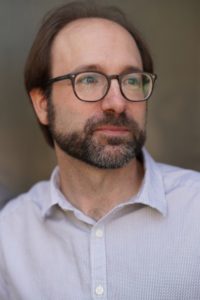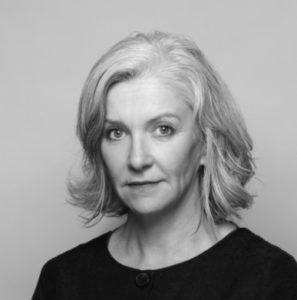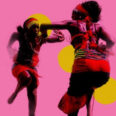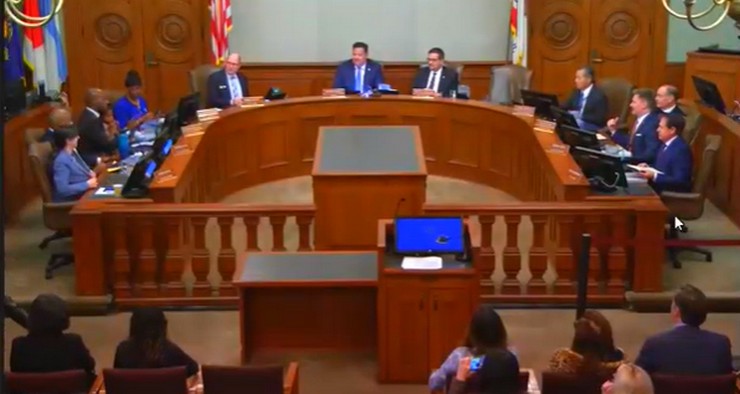
Two Artcenter College of Design faculty members have been awarded a $198,495 federal grant to support work to expand online access to libraries and archives for people with disabilities, the school announced last week.
The grant from the Institute of Museum and Library Services will fund a project titled “Reimagining Access: Inclusive Technology Design for Archives and Special Collections,” according to ArtCenter representatives.
It’s headed by ArtCenter Director of Archives and Special Collections Robert Dirig, who is serving as project director, and ArtCenter Interaction Design and Graduate Media Design Practices program Chair Maggie Hendrie, who is taking on the role of co-principal investigator on the project.
The work will also be done in collaboration with the Society of American Archivists Accessibility and Disability Section and the Braille Institute.
The new project seeks to “improve the experience of individuals with disabilities using archive and special collections through a human design-centered approach to technology,” ArtCenter said in a written statement. “The panel of IMLS grant decision-makers agreed ArtCenter’s Reimagining Access project addressing the technology needs of persons with disabilities is a timely endeavor.”
While the idea has been in works well before the pandemic, the ongoing public health crisis has highlighted the issues that need to be solved, Hendrie said.
“The limitations and frustrations with technology experienced by so many individuals during quarantine are emblematic of what persons with disabilities have faced for a long time,” she said. “This unique time in our history has provided incredible learning opportunities for technology designers and, with this grant, we’ll be able to apply this new knowledge to designing for improved access to libraries and archives.”
Dirig said he was proud to spearhead the effort.

“This project is important to our continuing work in the Archives to provide access to ArtCenter’s 90-year history and many contributions to the world of art and design,” he said. “I’m eager to help develop more inclusive experiences for everyone to explore our archives, and archives in general.”
The program will formally begin with a symposium bringing participating students and faculty members together on Feb. 11 and 12, to be streamed live on a soon-to-come project website, organizers said.
“In the spring term, we’ll be running a 14-week studio where disability designers, our faculty and our constituents will be working with students to actually understand and then prototype,” Hendrie said. “Then we’ll have what we call development, where some of those candidate projects will be further developed so that they’re ready to be shared as open-source prototypes and content.”
A human-centered approach to design is key to the project, she said.
“Traditionally or historically, systems were designed and engineered to maximize efficiencies in the technology and then people learned how to use them. We understand now that human-centered design puts humans at the heart of that,” according to Hendrie.
“And participatory design means that we actually have activities and processes. That means that people who will use the system or who are impacted by the system helped design it,” she said. “Unless you’re engaging with the people who are impacted and use the system, you don’t know what to design.”
In addition to achieving practical solutions, “What I want out of this project is to create awareness, especially in the library archives field, of ways to improve accessibility and be more inclusive,” Dirig said.
The project also aims to expand federal guidelines pertaining to the accessibility of archives, he said.
“That’s at the heart of what a library is, what archives are. The whole point is to make things accessible to everyone,” according to Dirig. “The important thing here is to learn as much as we can about accessibility and try to make those improvements.”
And the results of the project may have implications stretching far beyond ArtCenter.
“The library world is really collaborative in a lot of ways. So it’s great to think how we can share what we learned after this grant ends with our professional communities,” he said. “ To come up with practical things that people can implement in their archives is really exciting.”














 0 comments
0 comments



